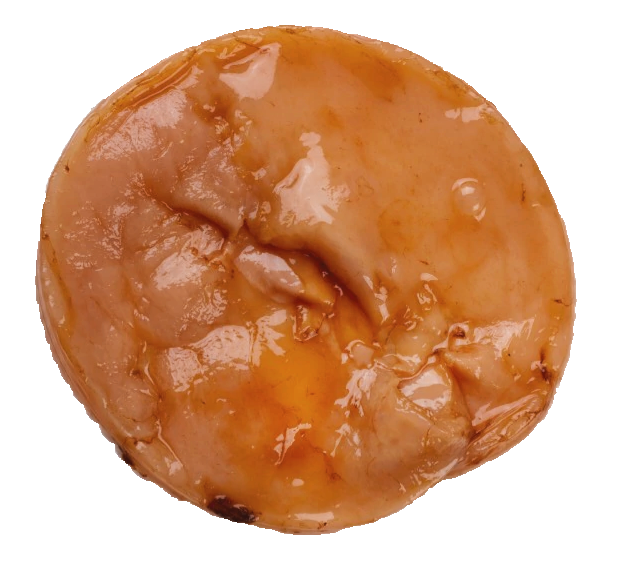
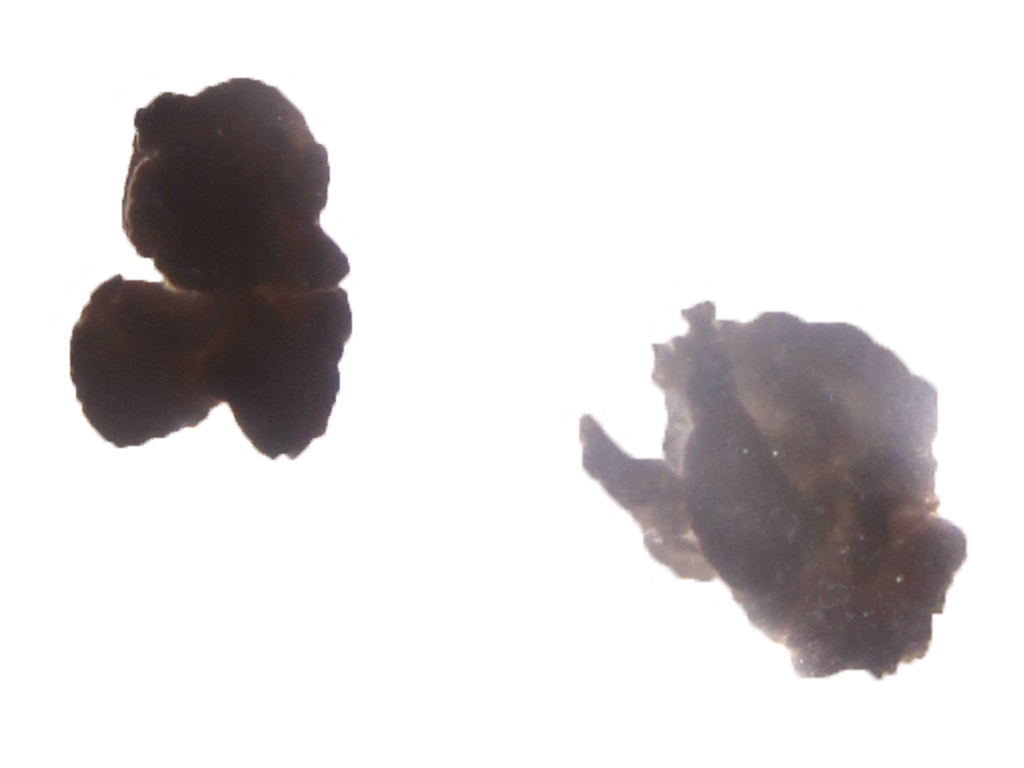
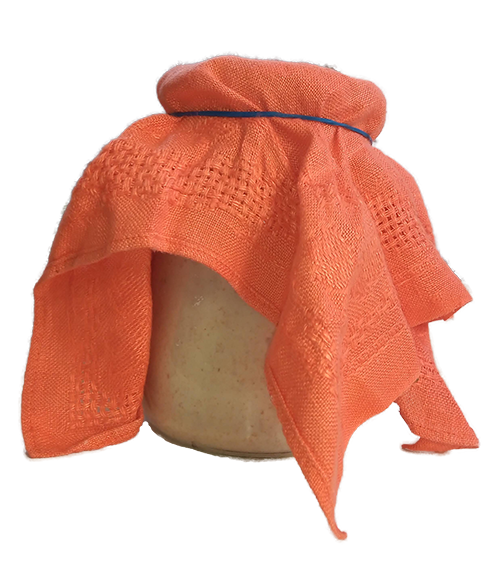
Graduation project by Zahari Dimitrov, KABK Graphic Design 2020
M(Other)
Tongue:
A language fiction situated in a web-based, own-paced narrative based on food production practices which extended beyond the kitchen by means of fermentation ♺ An organic and symbiotic form of change and growth.
The narrative develops through a building and breaking of etymologies and building blocks of certain terms, word-making as a political act.
By understanding how language creates collective conventions, we can play with it to subvert them. The multiple open-ended storylines draw parallels and perpendiculars between language, collective rituals, industrial work and domestic food production through a historical, linguistic and associative lens. Dirty knowledge.

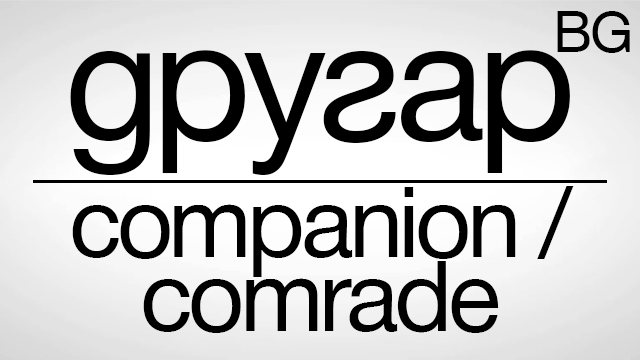
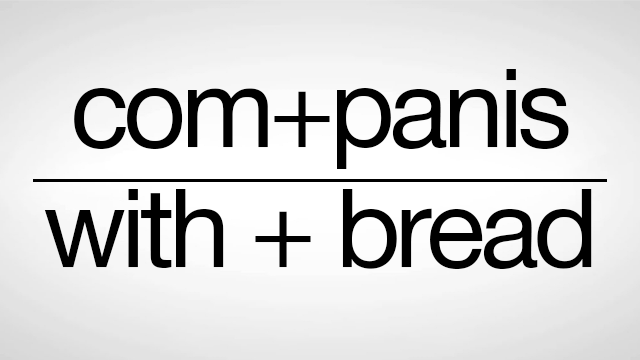
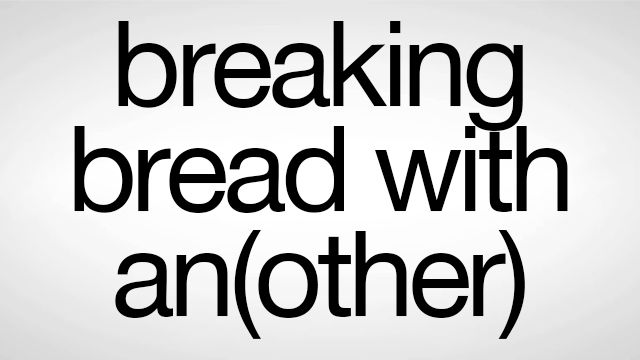
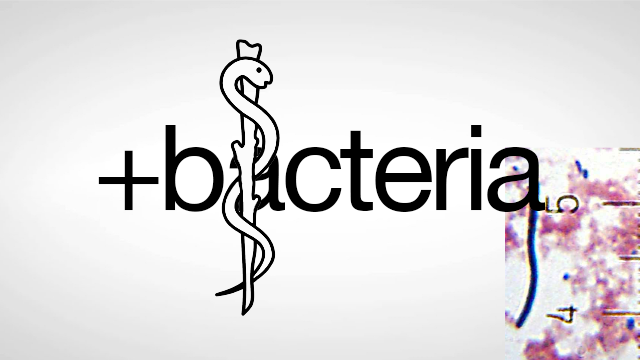
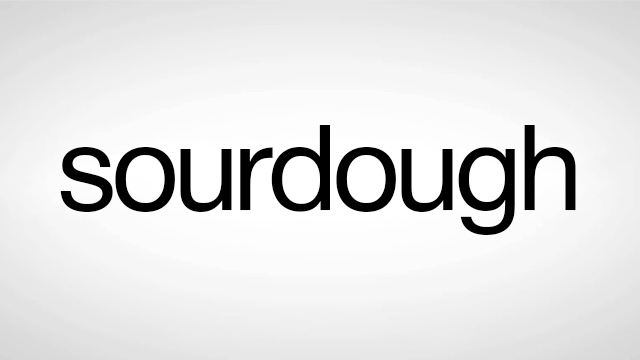
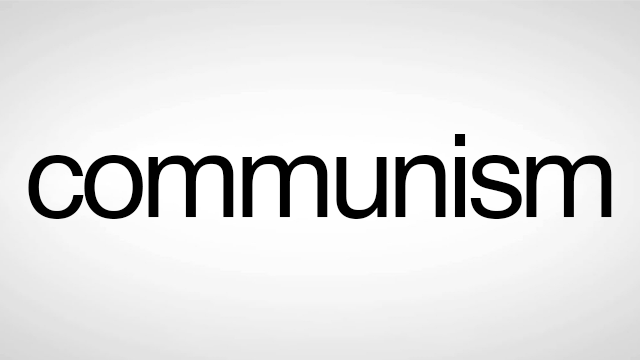
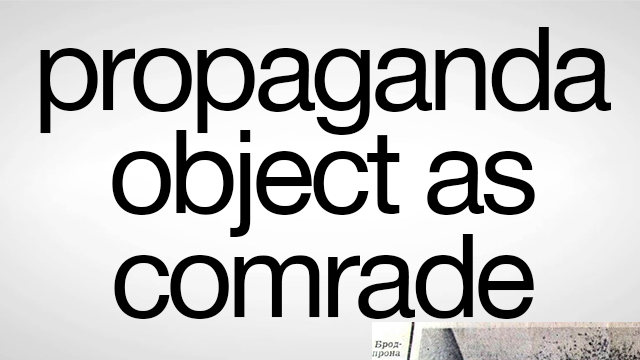
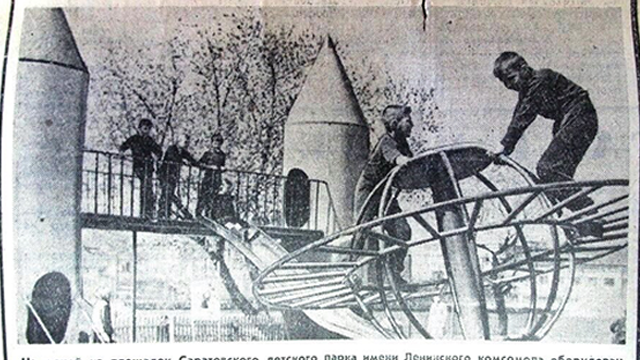
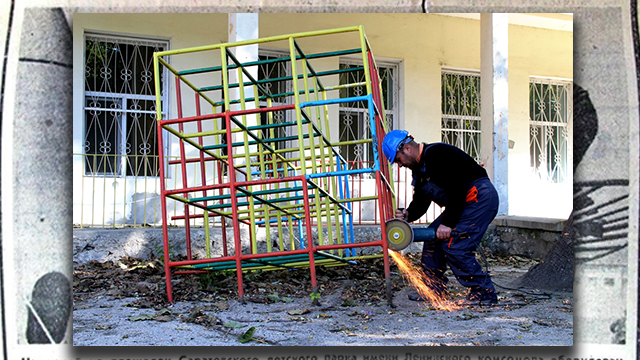
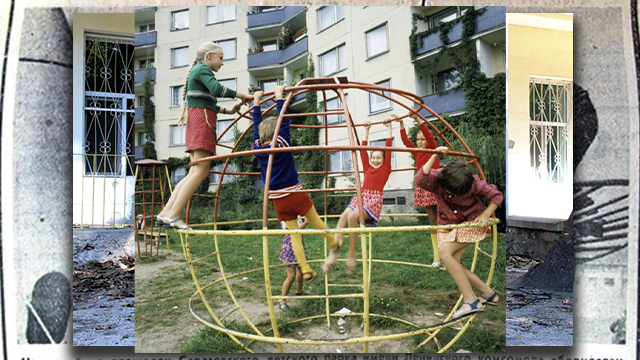
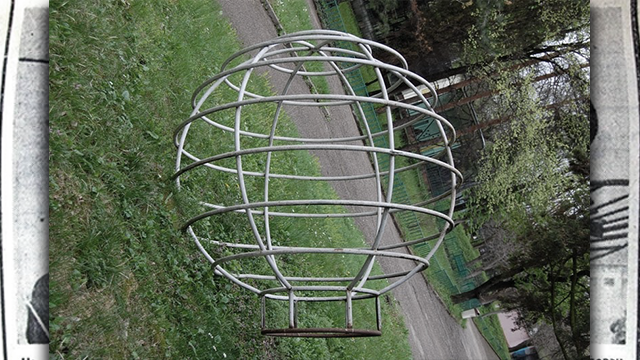
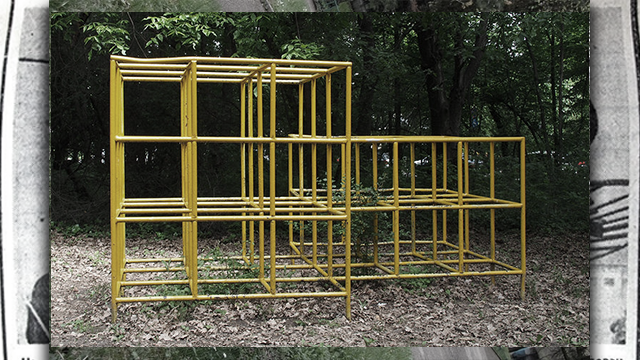
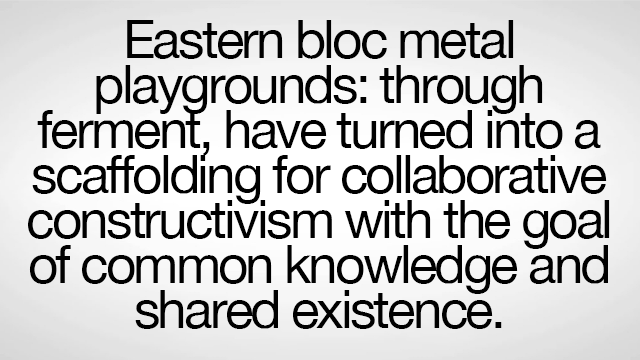
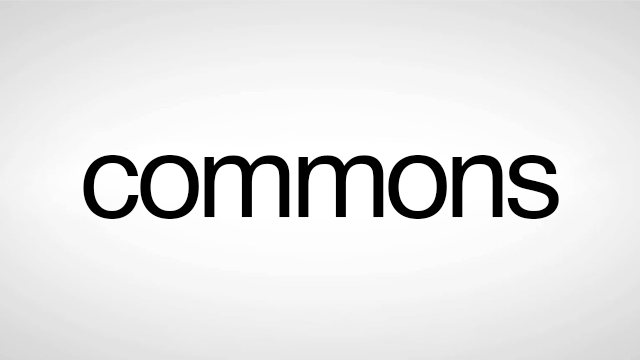
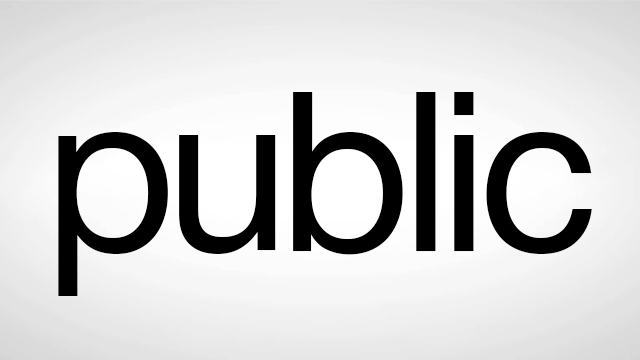
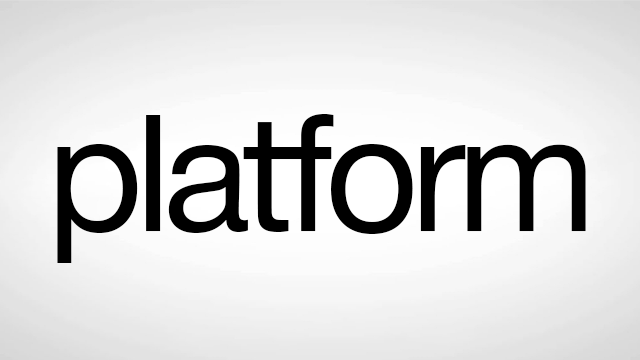
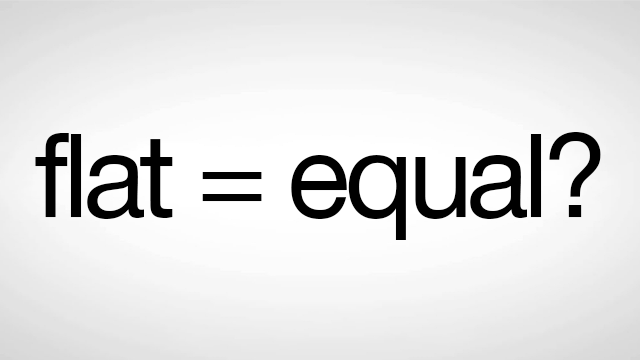
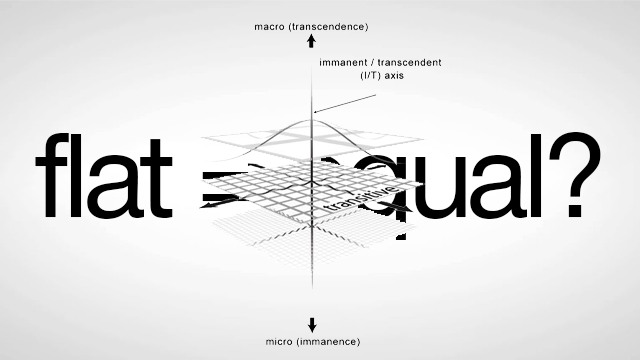
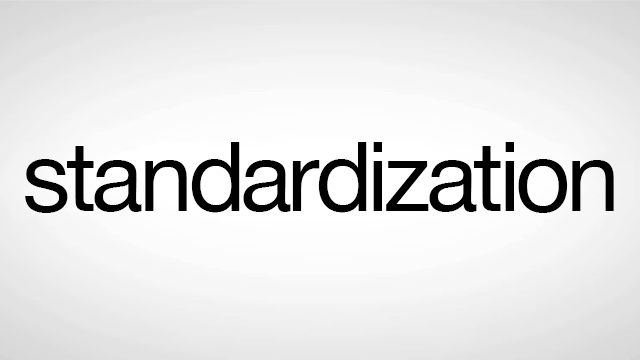
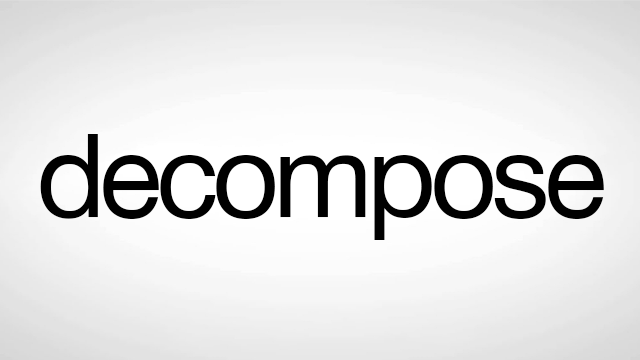
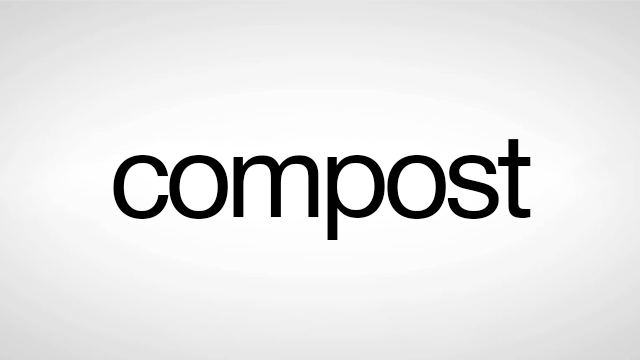
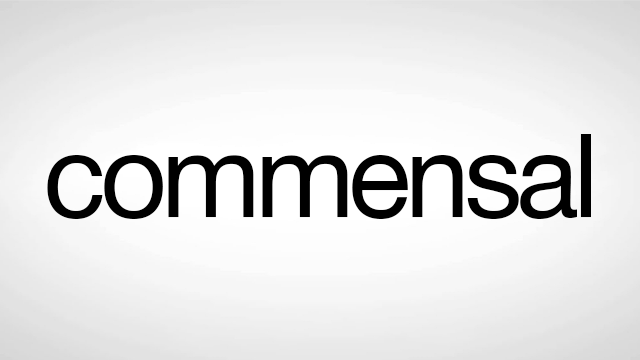
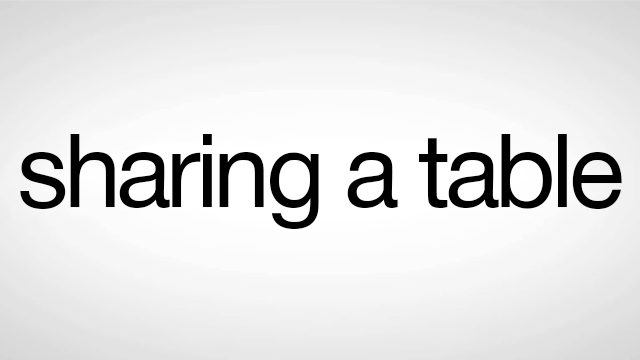
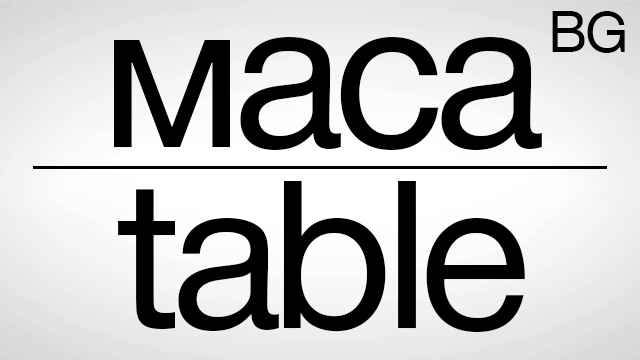
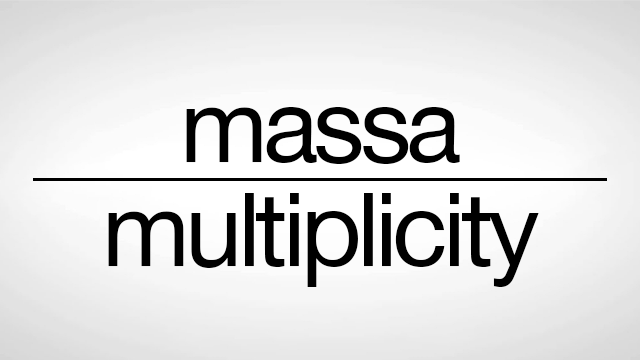
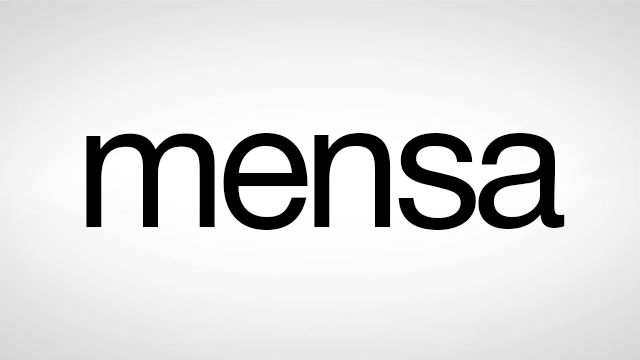
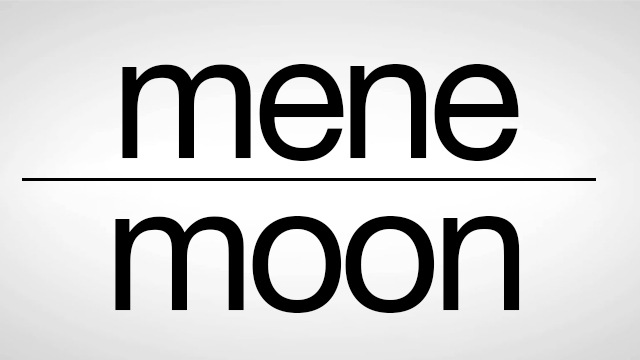
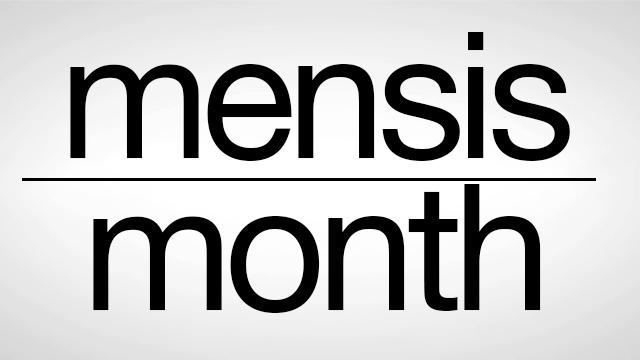
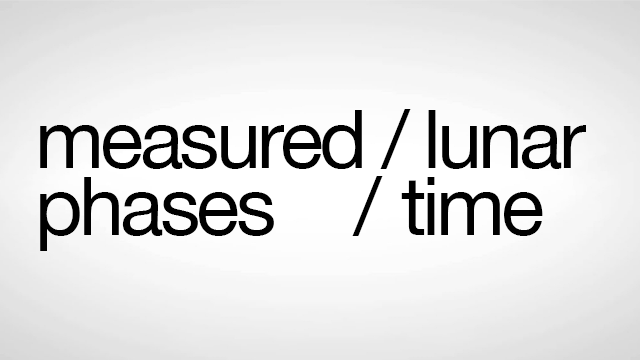
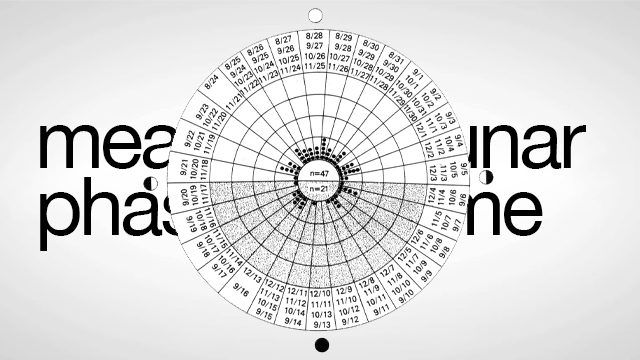
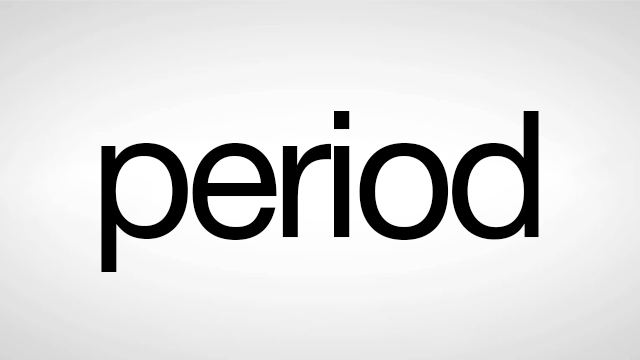
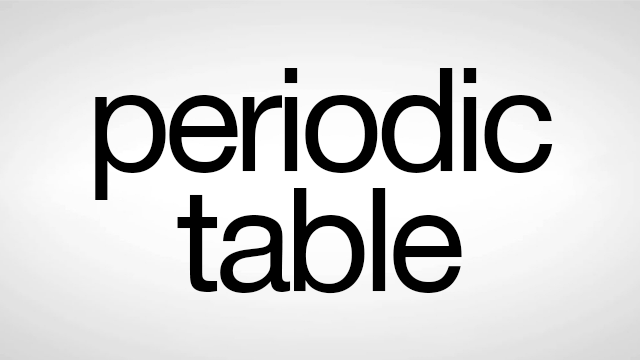

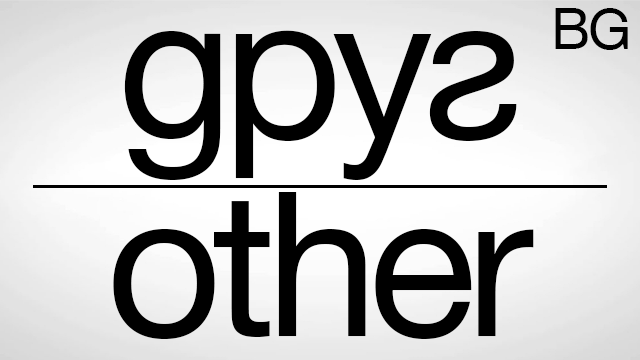

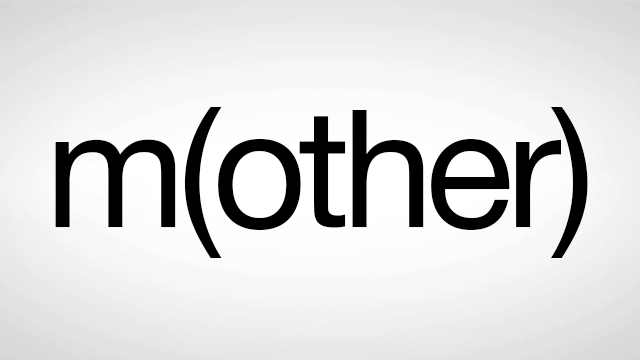
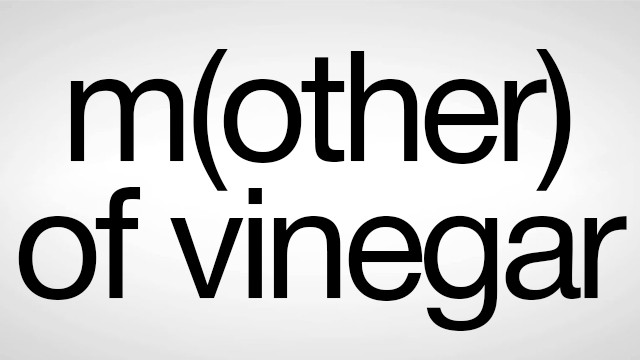
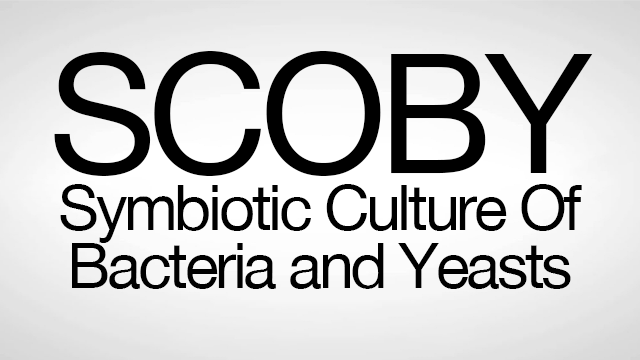
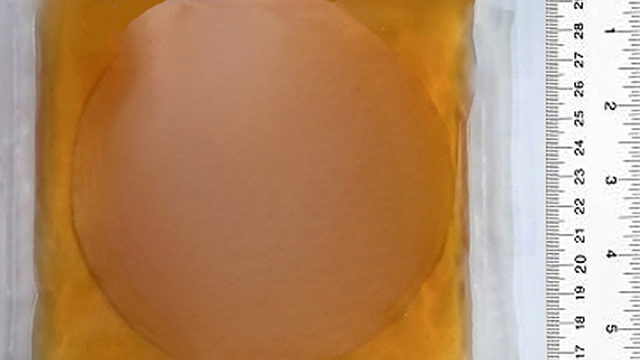
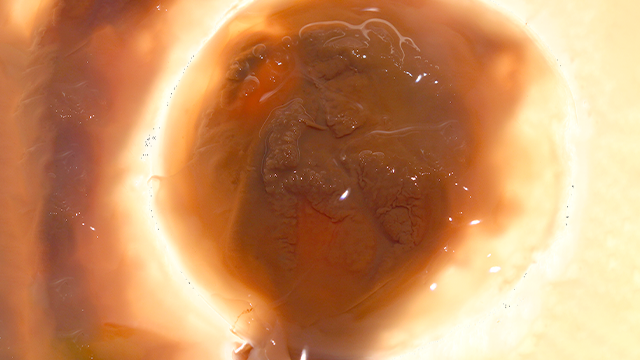
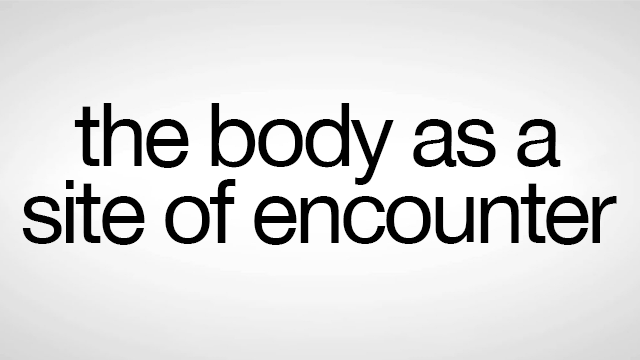
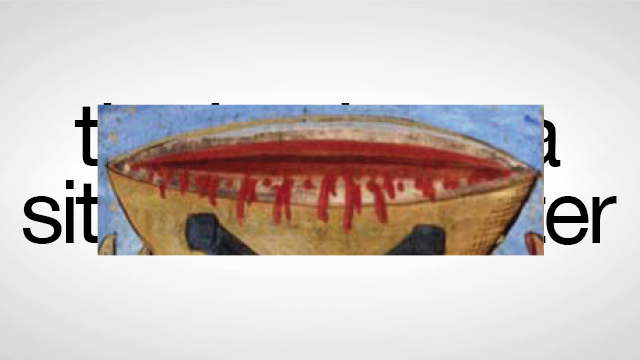
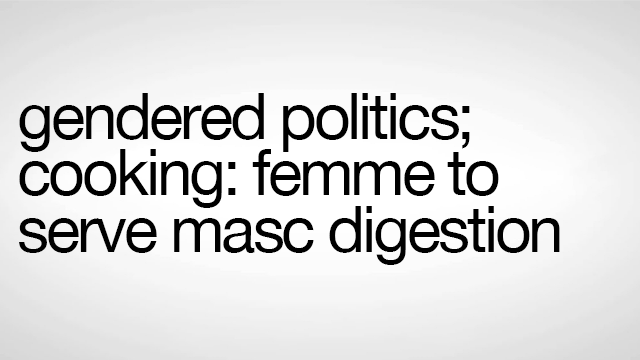
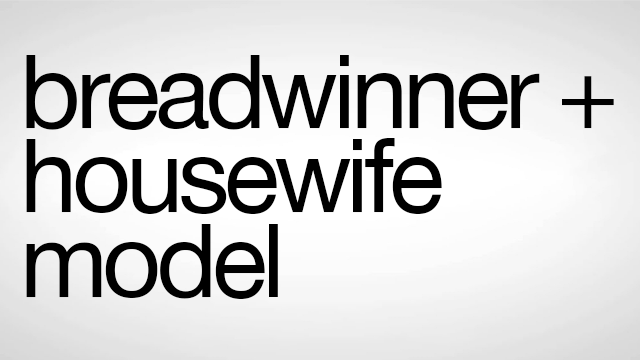
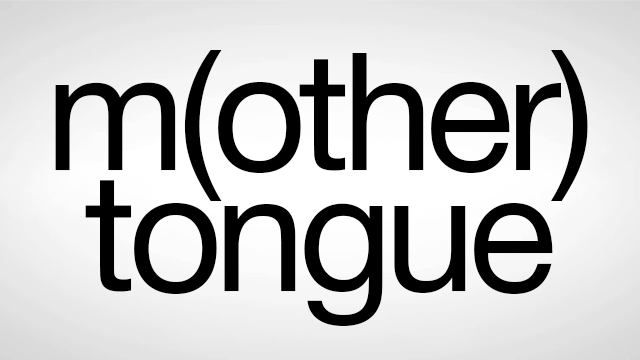
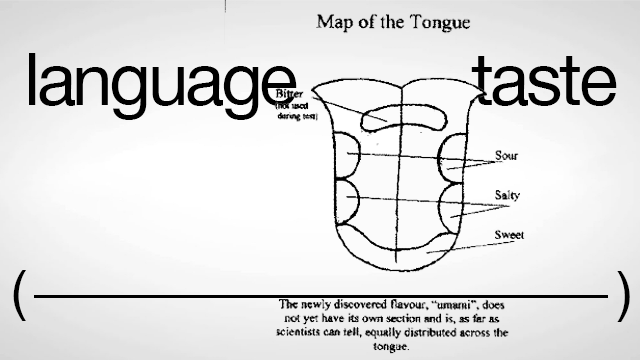
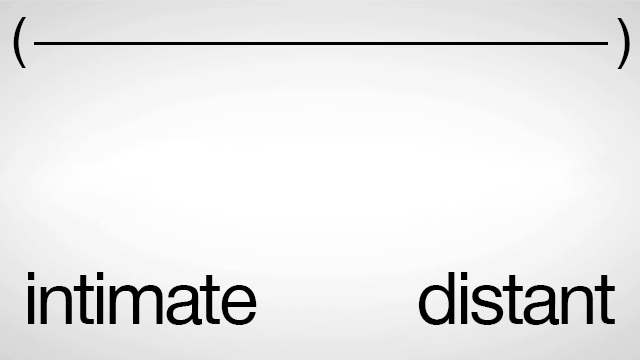
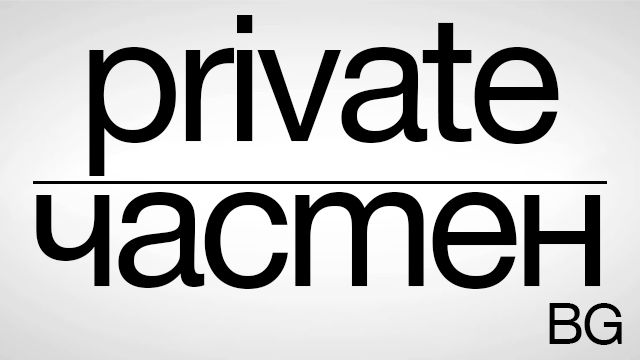
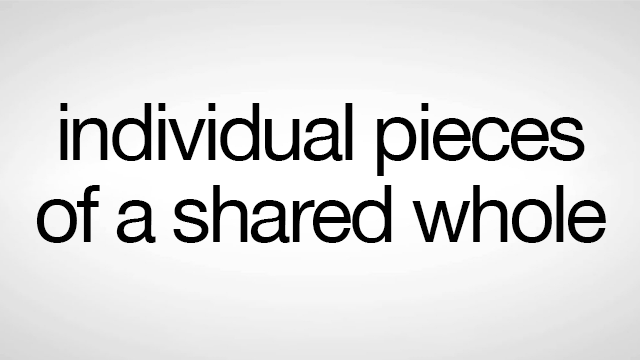
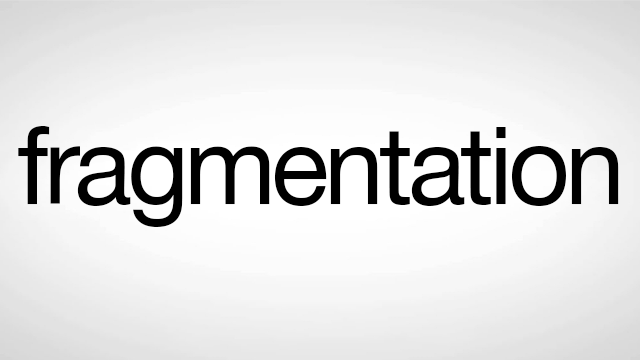
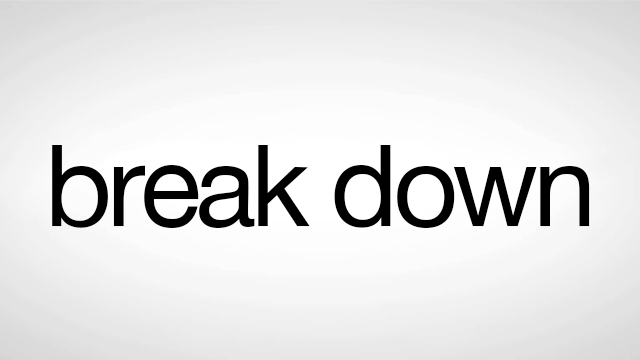
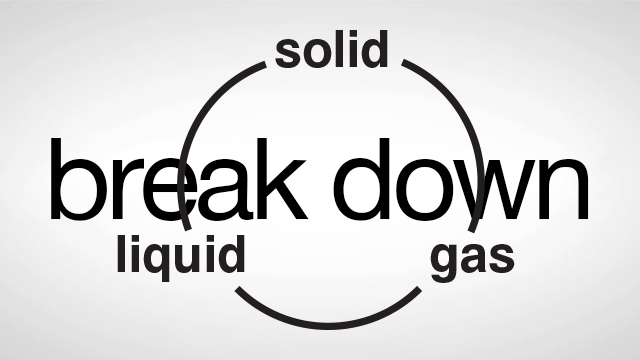
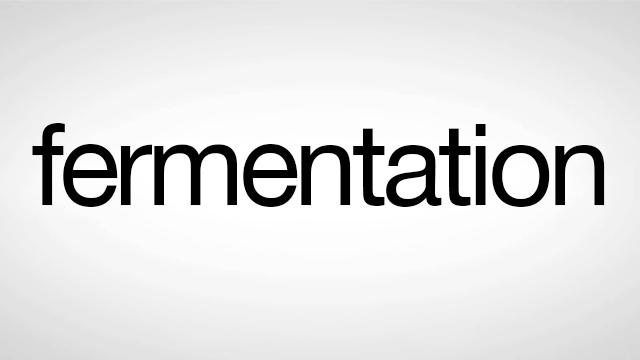
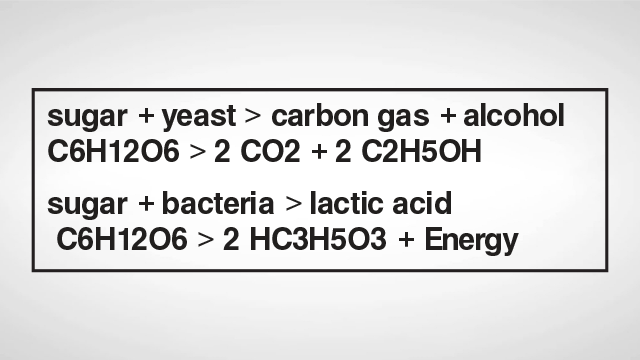
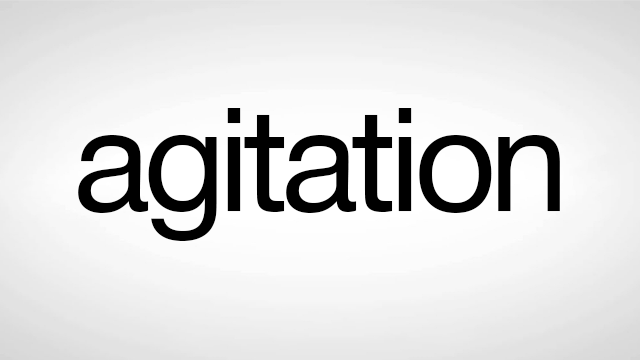
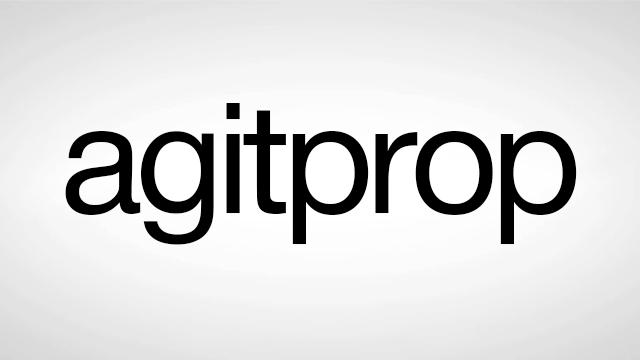
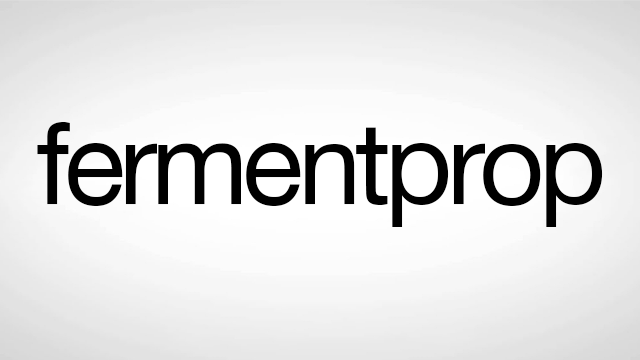
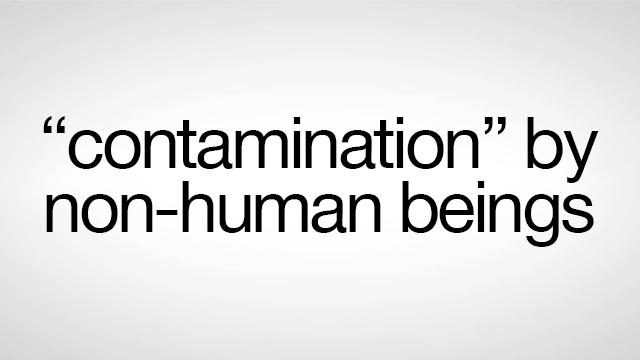
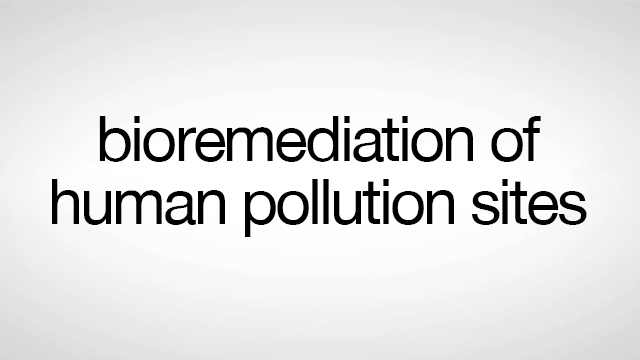
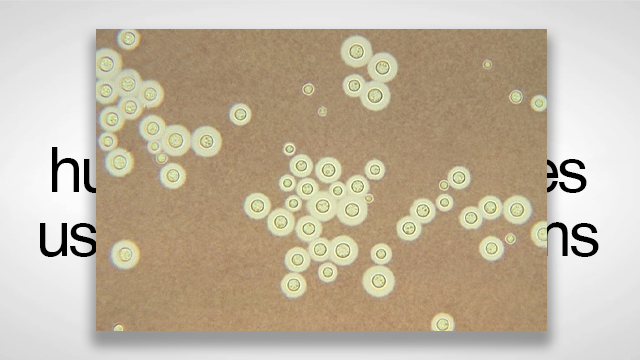
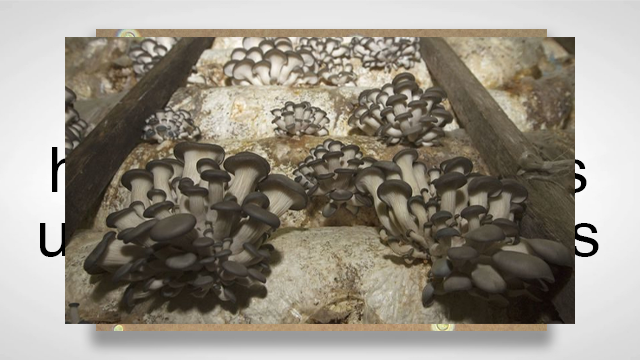
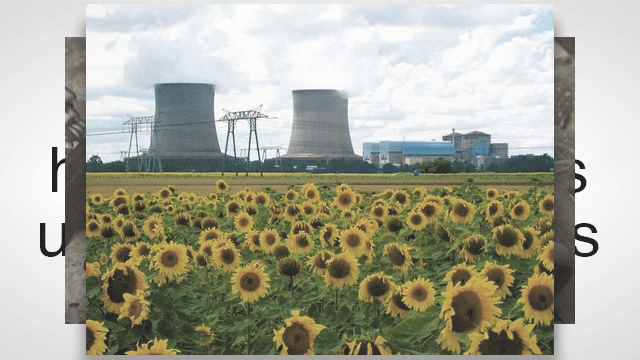
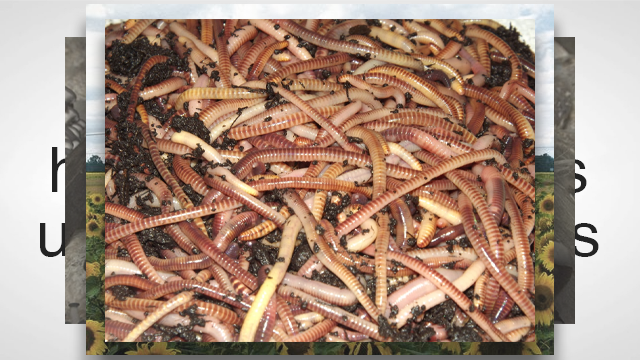
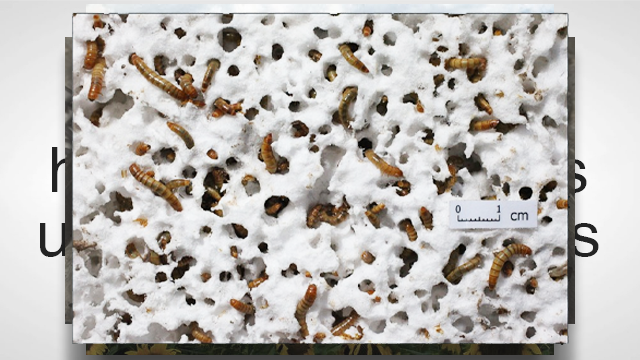
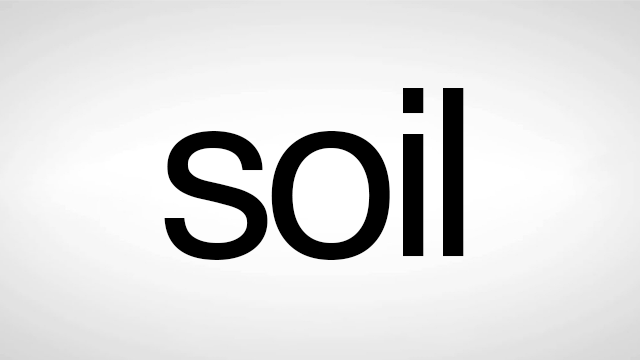
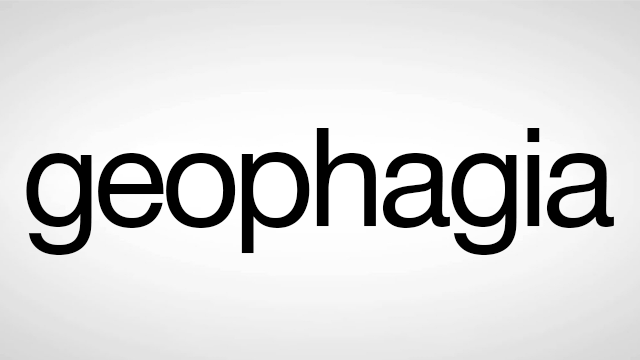
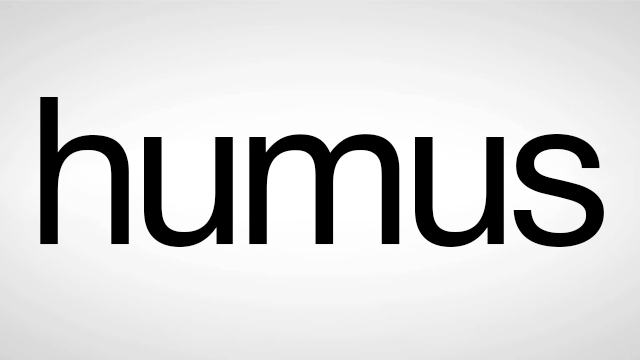
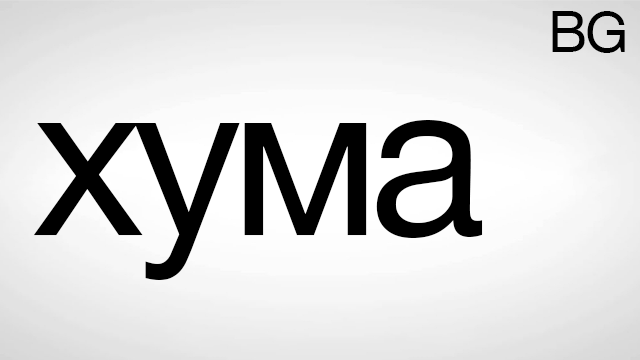
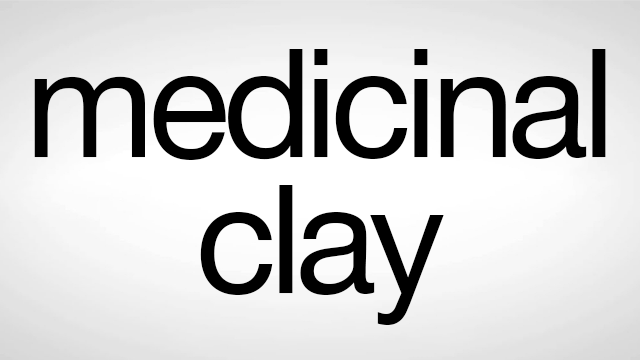
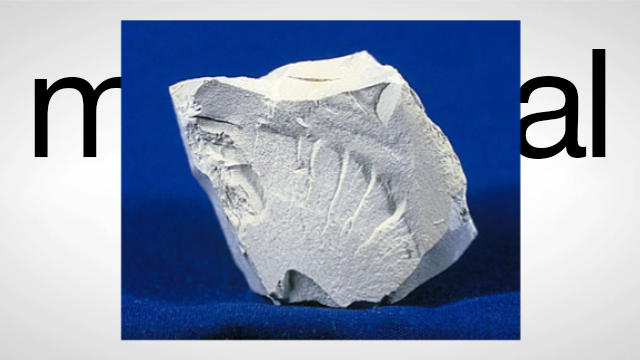
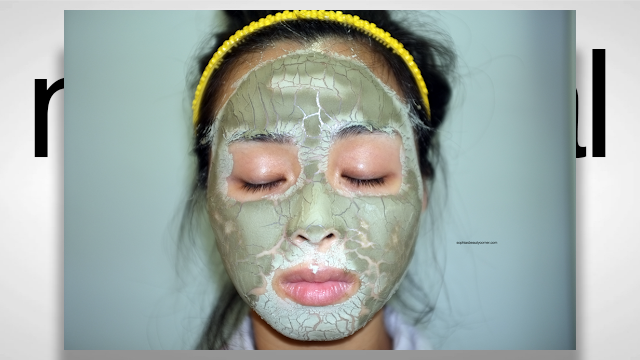
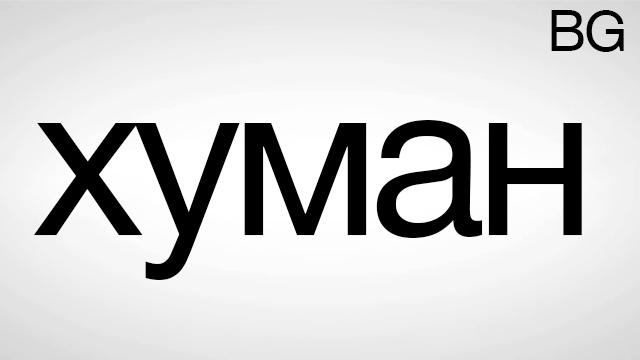
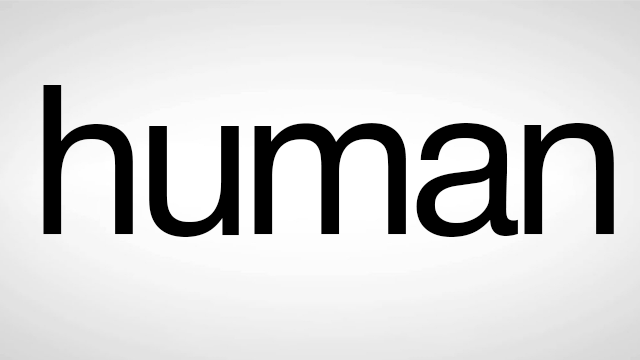
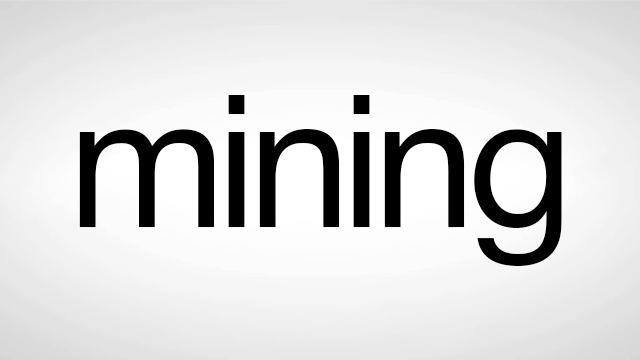
другар in bulgarian stands for companion or the communist term comrade
companion is composed of latin, com and panis, with and bread
breaking bread … with … bacteria
comrade links to communism
in the eastern bloc there used to be metal playground with space imagery, russian cosmism, mirrors of marxist-leninist thought. they are now abstract diagrammatical forms
commons is the term of the digital age, relating to individual assets which are shared in a public space
a public is required for open access?
a platfrom can host this public
plat > flat, does flatness call for equality? standardization
commensal calls for a shared table, a typically flat surface
in bulgarian, table, маса pronounced massa, in latin massa stands for multiplicty, a lump of material
i thought of a word we use for a canteen in bulgarian, mensa, latin for table
it is derived from mene (moon) and mensis (month), measured based on the lunar phases, a period, a periodic table
Now let’s take the ‘ap’ from другар, and we get друг, meaning other
in the fermentation world, the other and mother are dominant figures. bacteria coming together to form ‘mothers’
the mother of vinegar is the conglomeration of microorganisms which form in the making of vinegar, acid lovers
scoby, the term for the mother which forms in kombucha liquid
is this my mother, a mother of others?
my mother tongue, bulgarian
food must be swallowed in order for the tongue to be freed, for language to be vocalized.
the mother figure is generally a private relationship, yet fermentation practices are much as they are meant for domestication are also meant for sharing
is private ownership a dead end? is public the only option for collective ownership?
the bulgarian word for private literally means a piece of a whole
private property can be fragmented into a shared whole, just as bacteria break down solid structures and transform them in the fermentation process
to ferment also means to agitate, as in rising up
agitprop was russian way of spreading state propaganda
fermentprop can be a method of disseminating urgent information
in a post-industrial time, with half a century of extremely toxic production, we are still faced with waste which cannot be metabolized
fungi around the Chernobyl Nuclear Power Plant are hungry for radioactive waste sunflowers regenerating the soils around fukushima Daiichi Nuclear Power Plant meal worms will feast on styrofoam and red wiggler worms composting organic material to enhance soil
—
Chapter 1. The Other Companion
—
What do we consider a companion? A dog? A frog? What about a colony of bacteria? The microorganisms present in fermentation I consider companions for the deep future.
—
Chapter 2. M(Other)
—
Who do we call a mother? The body is a point of entry and departure: food, words, mater. What is sensible and/or ethical production?
—
Chapter 3. Com
—
companion > com + panis > together with bread
Is public property the only way to have shared assets? Divide & Conquer or Liberate & Share? Collective action can move mountains, or break a bread.
κόλλα–ge